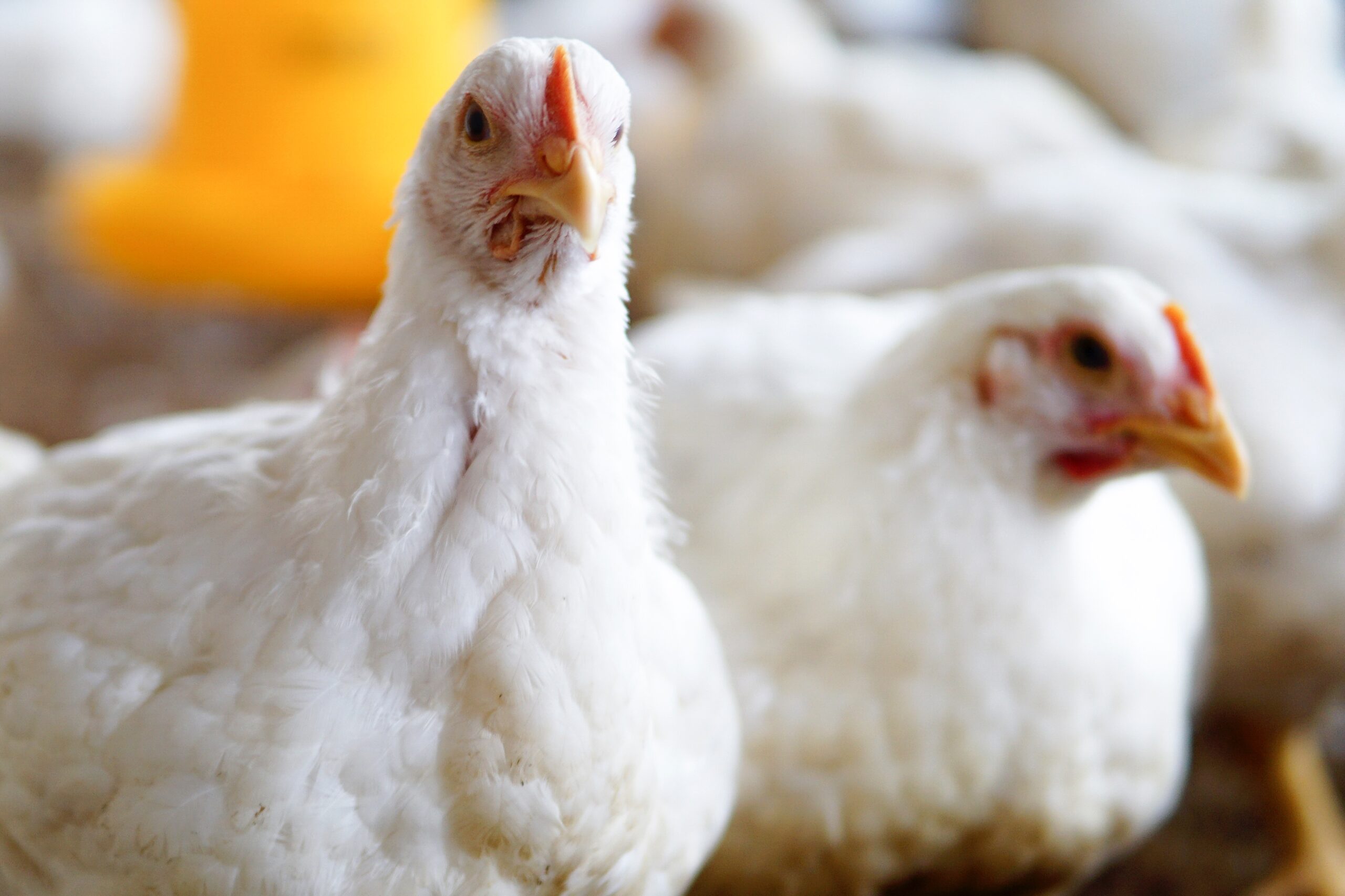
Articles / Films
Control and treatment of coccidiosis in the poultry sector

Coccidiosis, caused by Eimeria spp. protozoa, remains a significant challenge in the poultry sector, with severe economic impacts. This parasitic disease affects chickens and turkeys through species like E. acervulina, E. maxima, and E. tenella. The infection spreads when birds ingest infectious oocysts, initiating a life cycle that damages intestinal cells and causes symptoms such as weight loss, dehydration, and diarrhea. The disease manifests in acute, chronic, and subclinical forms, with the subclinical being the most economically detrimental due to its lack of visible symptoms.
Control strategies emphasize hygiene, biosecurity, and prophylactic measures. Effective farm sanitation and disinfection using products like Kilcox Extra help reduce oocyst survival. Chemoprophylaxis involves ionophoric or chemical coccidiostat drugs, though resistance is rising. Rotation programs and live vaccinations are recommended to enhance effectiveness. Vaccines, administered through feed or water, prevent infection if environmental conditions are favorable.
Herbal treatments, such as Coccilin, offer a promising alternative. This product contains garlic, oregano, and celandine extracts, which provide antimicrobial, hepatoprotective, and immunostimulatory effects. Studies show Coccilin significantly reduces oocyst counts, supporting intestinal health and reducing economic losses.
The article underscores the importance of integrated control methods, emphasizing early and consistent prophylaxis to manage coccidiosis effectively and ensure profitability in poultry production.